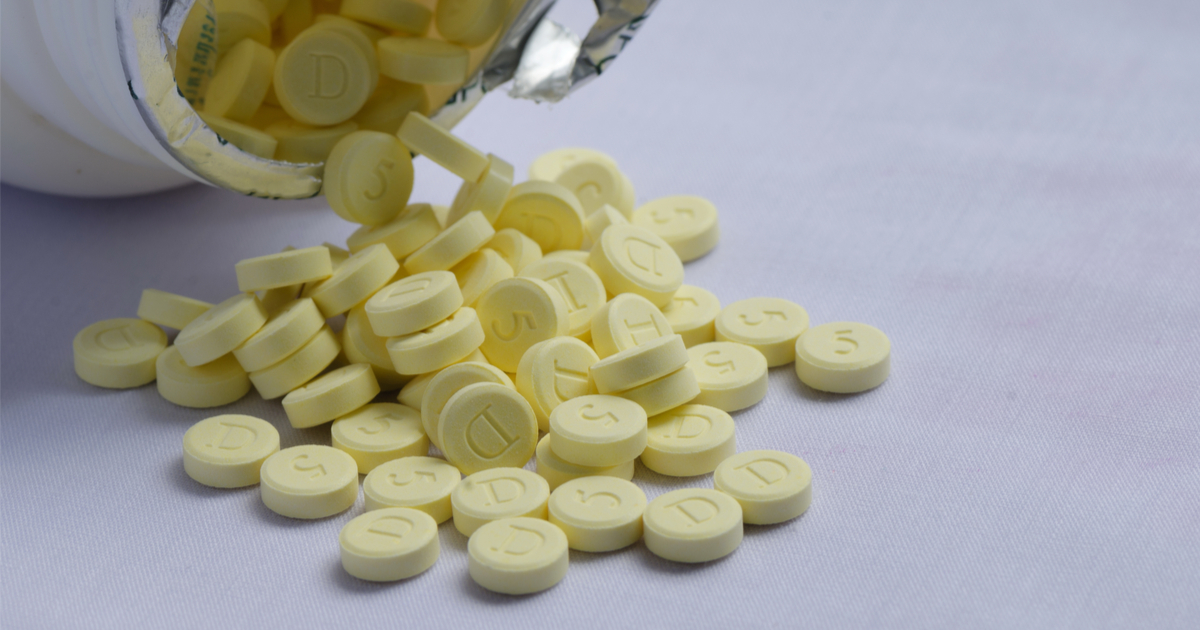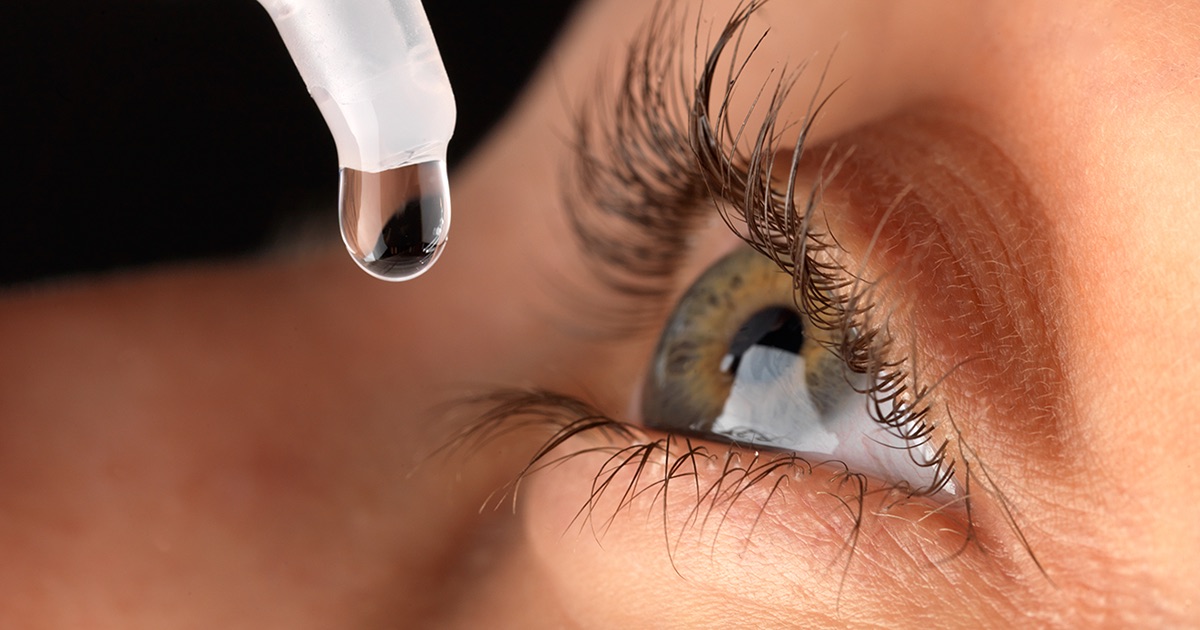What Does Behcet's Disease Treatment Involve?
Special Eyedrops
One of the most serious complications that occur in Behcet's disease is inflammation within the eye. This can occur in the front or back of the eye, next to the retina, and around the iris. The abnormalities that happen with eye inflammation cause blurry vision, spots in vision, pain, swelling, and redness. Vascular leakage around the ocular components can result in retinal, disc, and cystoid macular edema. Excess fluid or any kind of edema in or around the eye can have detrimental effects on various eye functions. If this type of inflammation is not treated quickly, it can easily result in considerable loss of sight. Special eyedrops can be prescribed to help treat eye inflammation in Behcet's disease patients. These eyedrops most often contain corticosteroids, immunosuppressants, and other anti-inflammatory medications. The goal of using eye drops to treat eye problems in Behcet's disease is to reduce inflammation before it results in vision loss or other ocular damage.
Get more information on the methods used to manage Behcet's disease now.
Immunosuppressants

Immunosuppressants are a type of medication that causes a decrease in the activity of the immune system. This causes an interruption to occur in the inflammation process that results in the manifestation of Behcet's disease symptoms. These types of medications will suppress all types of inflammatory responses regardless of what may be causing them. This means immune-suppressing medications stop the immune system from attacking its own healthy tissues along with any bacteria or foreign bodies that it would normally attack. While this type of treatment for the symptoms of Behcet's disease is very effective, there are potentials risks and adverse side effects. Regardless of the reasoning, any patient on these types of medications will be at a significantly higher risk for contracting illnesses and developing infections. The use of immunosuppressants in a localized treatment approach is always preferred over a systemic treatment approach. Immune-suppressing medications can be included in treatment options such as skin creams, mouth rinses, and eye drops.
Learn more about the options for treating Behcet's disease now.
